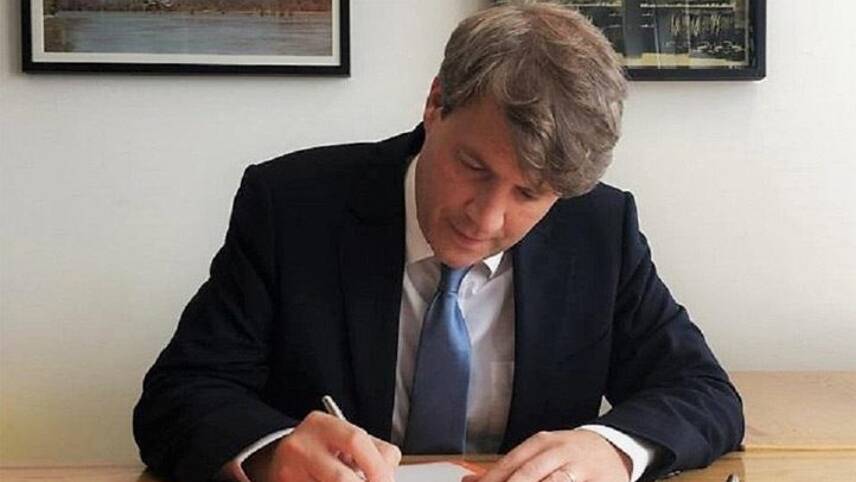Register for free and continue reading
Join our growing army of changemakers and get unlimited access to our premium content

As the net-zero agenda has grown central to the political discourse, and the ongoing turmoil from Conservative green policy announcements continues to grow, the Power Generation Network seeks to provide recommendations to the government. These recommendations will support the transition to a low-carbon energy landscape in the UK.
The Power Generation Network leverages the expertise of industry stakeholders, including representatives from the nuclear, grid, solar, and wind energy sectors. Additionally, it collaborates with investors, experts, and members of the industry supply chain to formulate recommendations for the government and regulators.
Mission Zero’s Independent Review of Net-Zero chair Chris Skidmore said: “As uncertainty around net-zero policy persists, we must demonstrate the UK’s commitment to still achieving net-zero and demonstrate to international investors that the UK is open for business and ready to build an energy infrastructure fit for the challenges of the 21st century.
“Integral to reaching net-zero by 2050 is electricity decarbonisation by 2035. The Mission Zero: Power Generation Network exists to hear from industry experts what we need to do to reach that goal, and make practical, pragmatic but ambitious recommendations to government so that Britain has a viable, clean, and secure power system for decades to come.”
The Mission Zero’s Power Generation Network is an amalgamation of industry bodies representing nuclear, wind, solar, and grid technologies. It also includes investors and supply chain stakeholders.
The coalition, including the Power Generation Network, builds upon the insights derived from the Net-Zero Review. This coalition brings together key stakeholders from four areas to develop policy proposals that will drive the nation closer to its net-zero objectives.
Apart from the Power Generation Network, the Mission Zero Coalition comprises of local, buildings, and industry networks, each of which will publish a dedicated report addressing the challenges and opportunities within their domains.
More from Skidmore
In related news, Chris Skidmore and UK100 have put forth more than 30 recommendations outlining ways in which the government can empower local authorities to actively contribute to achieving net-zero emissions, following the Government’s scaling back of key green policies.
The recommendations are categorised into five main themes. Among these, a standout proposal involves the introduction of a Local Net-Zero Charter, aimed at assigning responsibility for executing action plans and enhancing collaboration between the UK Government, devolved administrations, and regional, municipal, and local authorities.


Please login or Register to leave a comment.